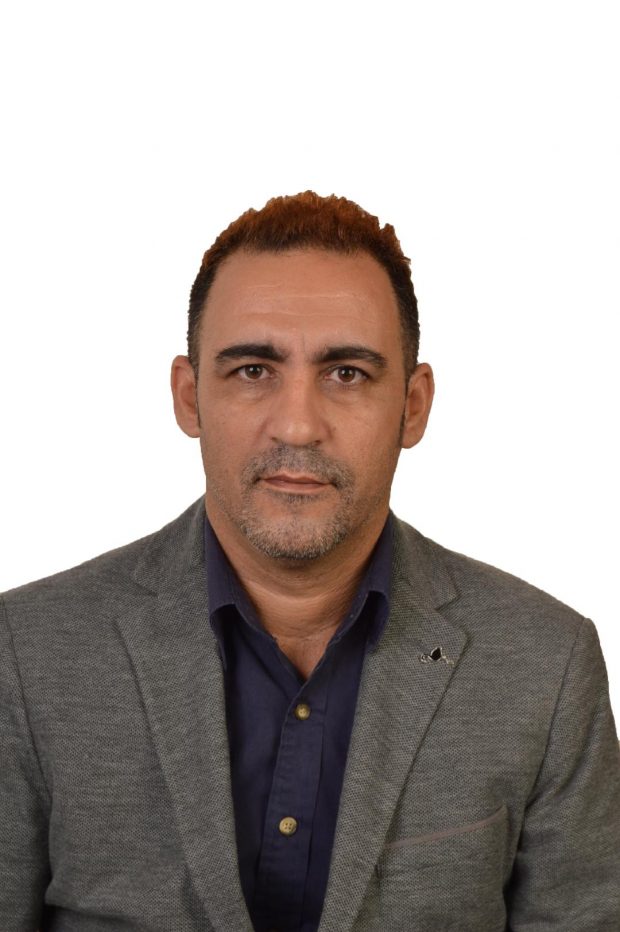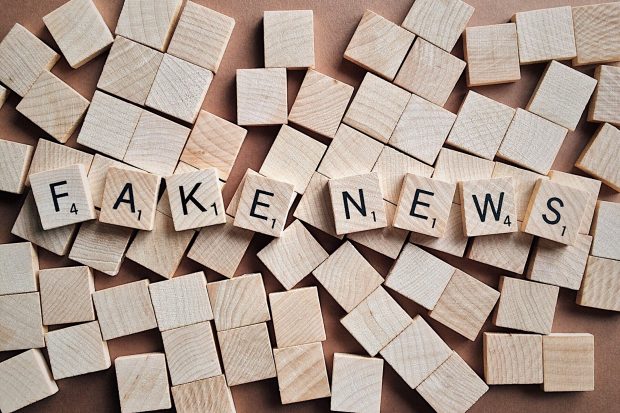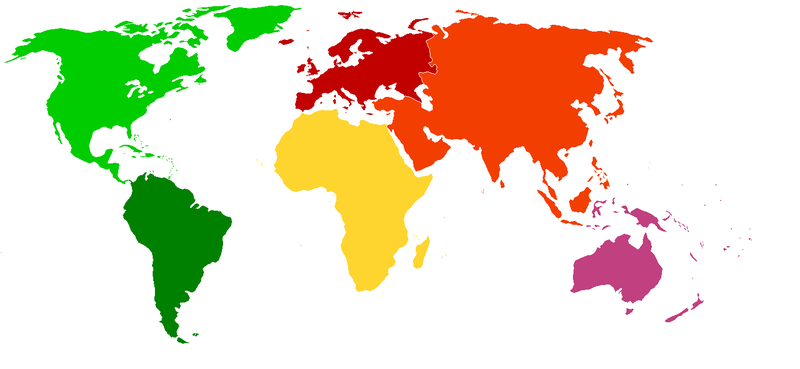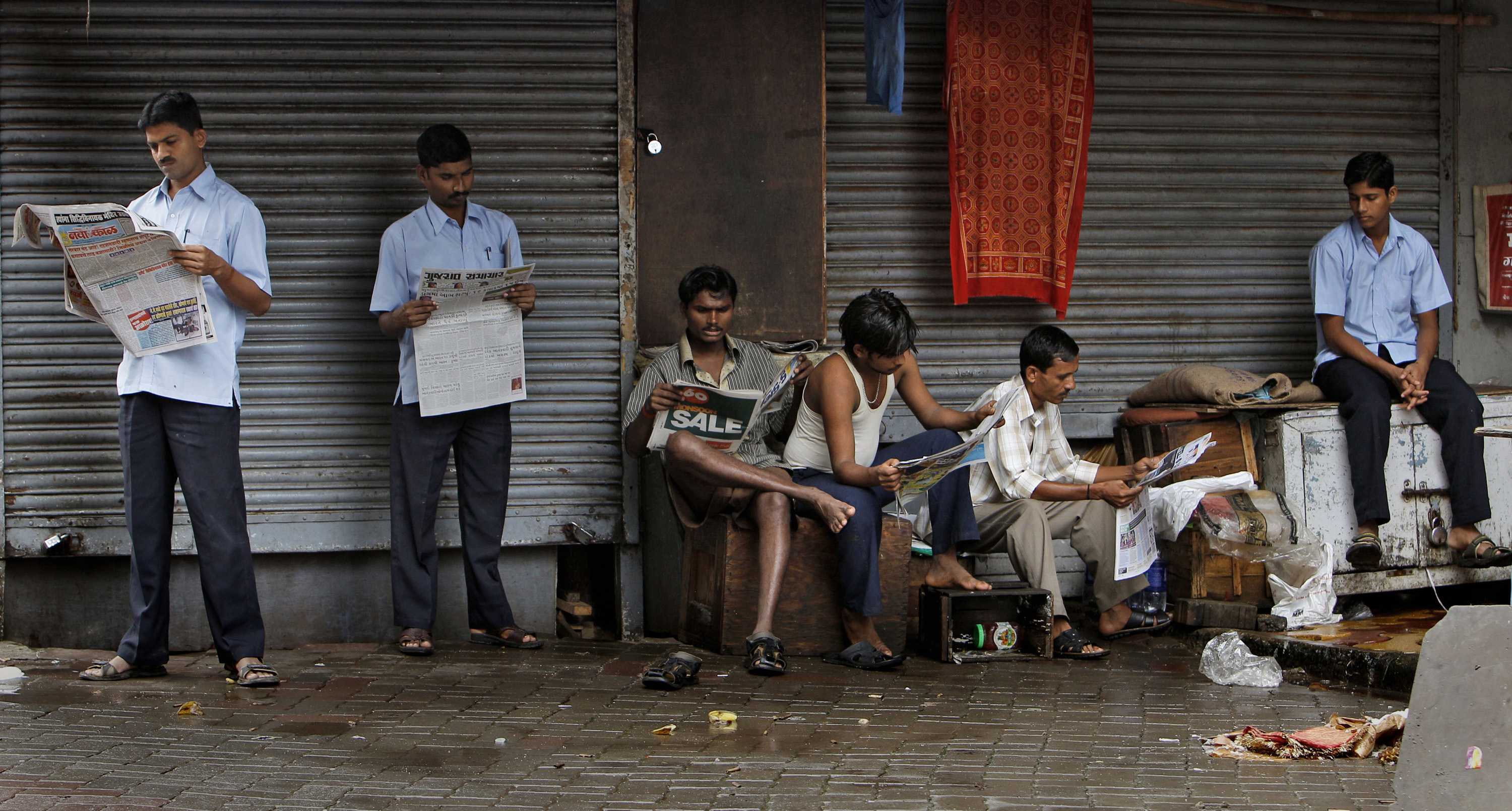
Anti Fake News Law: A Hindrance Towards Democratization and Development
Malaysia has passed and gazetted an Anti-Fake News Act 2018 on 11th April to curb and monitor false information, slander and lies spreading on social media and news portals.
This law says any one found guilty of spreading, speculating or creating fake news would be jailed for 6 years or fined RM500, 000 or both. Anyone who is found to provide financial assistance for the purposes of committing or facilitating the offence is also liable to the same law.
“As the technology advances with time, the dissemination of fake news becomes a global concern and more serious that it affects the public,” read the Bill.
In an interview with Malaysia World News, Professor Dr. Azmi Hassan, Geostrategist of Universiti Teknologi Malaysia (UTM) said, the volume of fake news and lies increase during the general election.
“The problem is that the most blatant lies via the fake news are considered true by the gullible,” he added.
As the general election is at the door, Malaysia sees dramatically increasing false and misleading narratives online. Fake news is being used as an instrumental tool to change public perception, gain support, influence voters, or defame a rival political party and undermine its credibility.
Fake news is not a new phenomenon; it existed since the invention of newspapers, magazines, and TV, mainly in the tyrant, corrupted societies.
The new communication technologies (social media, digital media) are sophisticated and help enhanced the way and methods of creating and spreading fake news.
Certain politicians and their supporters besides cyber troopers continue to spread the fake news on social media and other platforms of communication just to confuse people, netizens, and news readers in general.
Falsehood is becoming the truth, black becoming white, innocent becoming the perpetrator, and the perpetrator becoming the innocent.
This could not only lead to public confusion, but it could lead to the downfall of regimes and leaders and the destruction of institutions, national harmony, and development.
Misinformation, slander, propaganda, and hoaxes spread online either from the mainstream media or independent news portals and blog, via greedy and malicious politicians, have a significant impact on the public perceptions and society as a whole.
To successfully curb fake news, government and leaders must first give the people the right definition of it (what does it mean actually?), before creating awareness, applications, and laws to eradicate it.
Fake news can be defined as a fabricated content that intentionally masquerades as news coverage of actual events, or slander or hoax, created with the intent to attract more audiences either for business gain or political motivation, or to defame or overthrow a leader, or gain or stay in power.
We cannot blame only social media users, bloggers or independent media for spreading fake news. Mainstream media that spin facts and hide truths, for example, can also be the biggest contributors to this phenomenon and the biggest threat to national well-being.
What does a politician or a leader, like Donald Trump, mean by fake news that he mentioned 10 times a day before he became the President of the United State of America?
When President Donald Trump talks about fake news, he means something else entirely, said PoliFact. Instead of fabricated content, Trump uses the term to describe news coverage that is unsympathetic to his administration and his performance, even when the news reports are accurate, PoliFact said.
Therefore, we should not politicize fake news or use the term as propaganda to hide facts to mislead the people. The only way to get rid of fake news is to tell the truth to the media and the people.
Not well-informed or misinformed citizens can be more destructive to a nation than fake news. They cannot make the right decision that the development and future of the nation remains at stake.
The media, either online media or print media or TV, can create perceptions and influence people’s decision, attitude, and mindset, and eventually stand as a stumbling block against prosperity and development.
Politicians or leaders, who are holding great positions in the society, are actually not blaming fake news, but blaming the media, particularly the media which are not supporting them or which tend to do their work professionally and sincerely.
What does fake news mean to Malaysian Prime Minister Najib Razak, and Barisan Nasional government leaders?
According to the opposition leaders, BN leaders must face fake news by telling the truth, show evidence and facts, instead of creating more laws to curb on the media or social media users.
However, there are some allegations that are hard to prove wrong!
And others are just hard to prove right!
Any allegation or report not supported by evidence or proof is bound to fail and be classified as fake news.
In this age of advanced digital technologies, social media, and multimedia, everything seems to be fake and confusing.
“Anyone with a computer or a cell phone can post in online forums. Anyone with a moderate amount of skill with Photoshop or other image manipulation software can distort reality. Special effects make even videos untrustworthy – we have a problem here!” (Gillmor, 2004).
A graphic designer, who knows how to manipulate photos and pictures, can create deceptive images which need its authenticity verified.
Any videographer, experts in visual art and motion graphics, can create deceptive videos that could create illusions and hoaxes.
Anyone can be a journalist today as long as the internet is “free” to create a blog or a Facebook account and start disseminating news and information.
The new communication technologies can create suspicion and confusions among the public. As the American writer and futurist, Alvin Toffler (1971) stated in his book Future Shock, “we are increasing the sophistication of deception faster than the technology of verification. The consequence of that is the end of truth. The dark side of information technology explosion is that it will breed a population that believes nothing”.
There would be a problem if facts are distorted by non-professional journalists and the bad politicians who feed them with lies and misleading information.
Such deceptive posts, articles, information, photographs, and videos are widely spread on social media. And some people view, watch, and believe.
More than that, they share and comment, and even get irritated or disturbed, and some get dumped off!
By Ziinine Abdesselam







